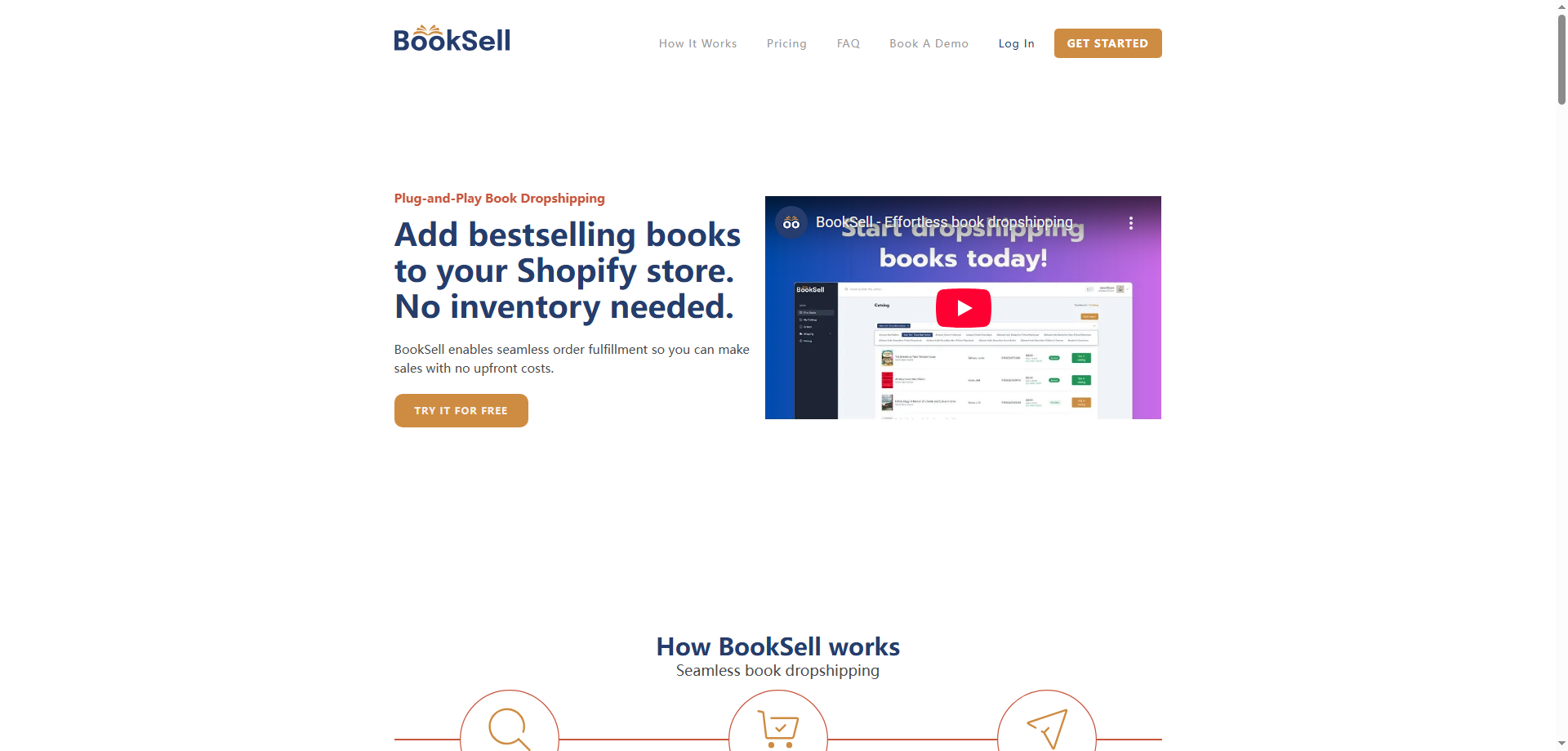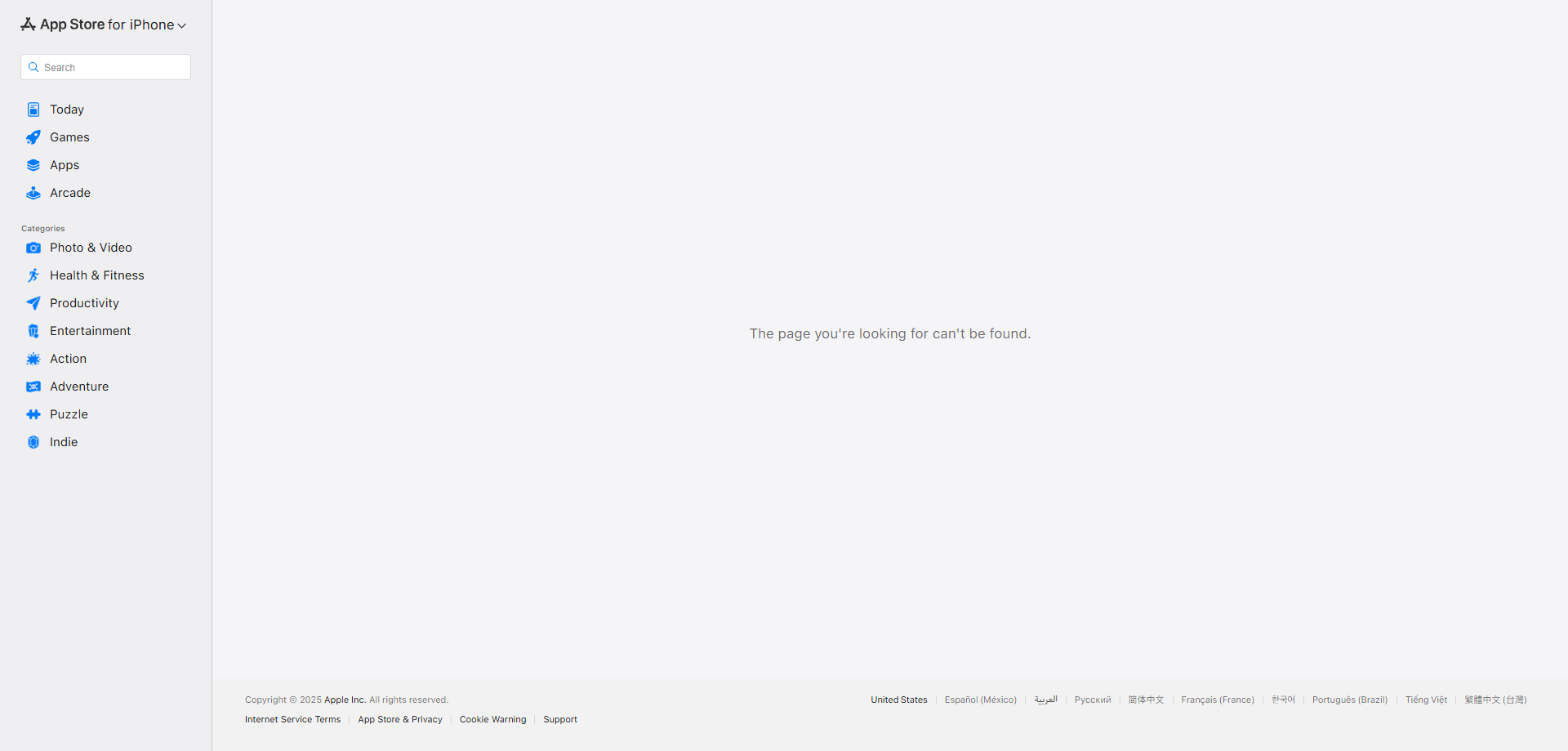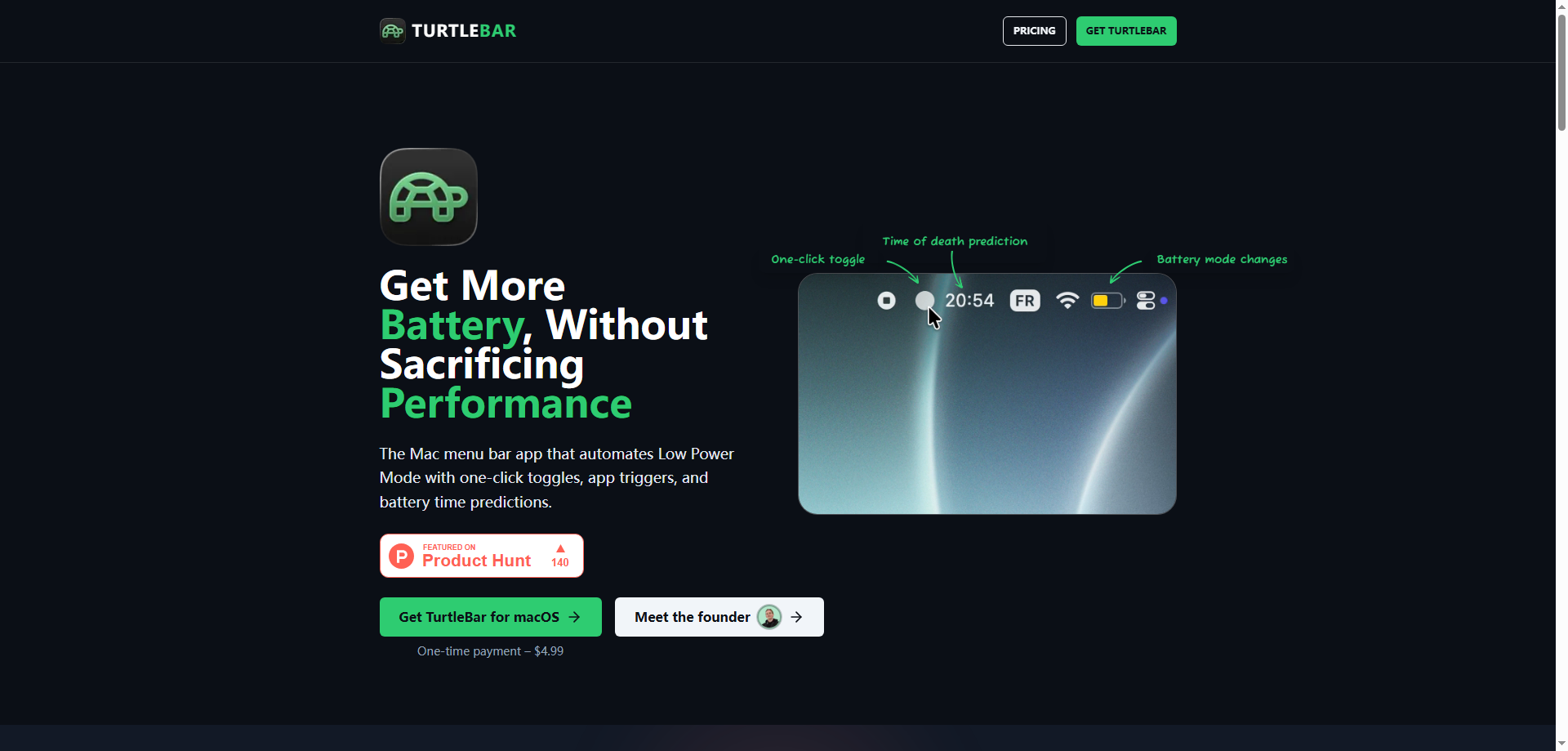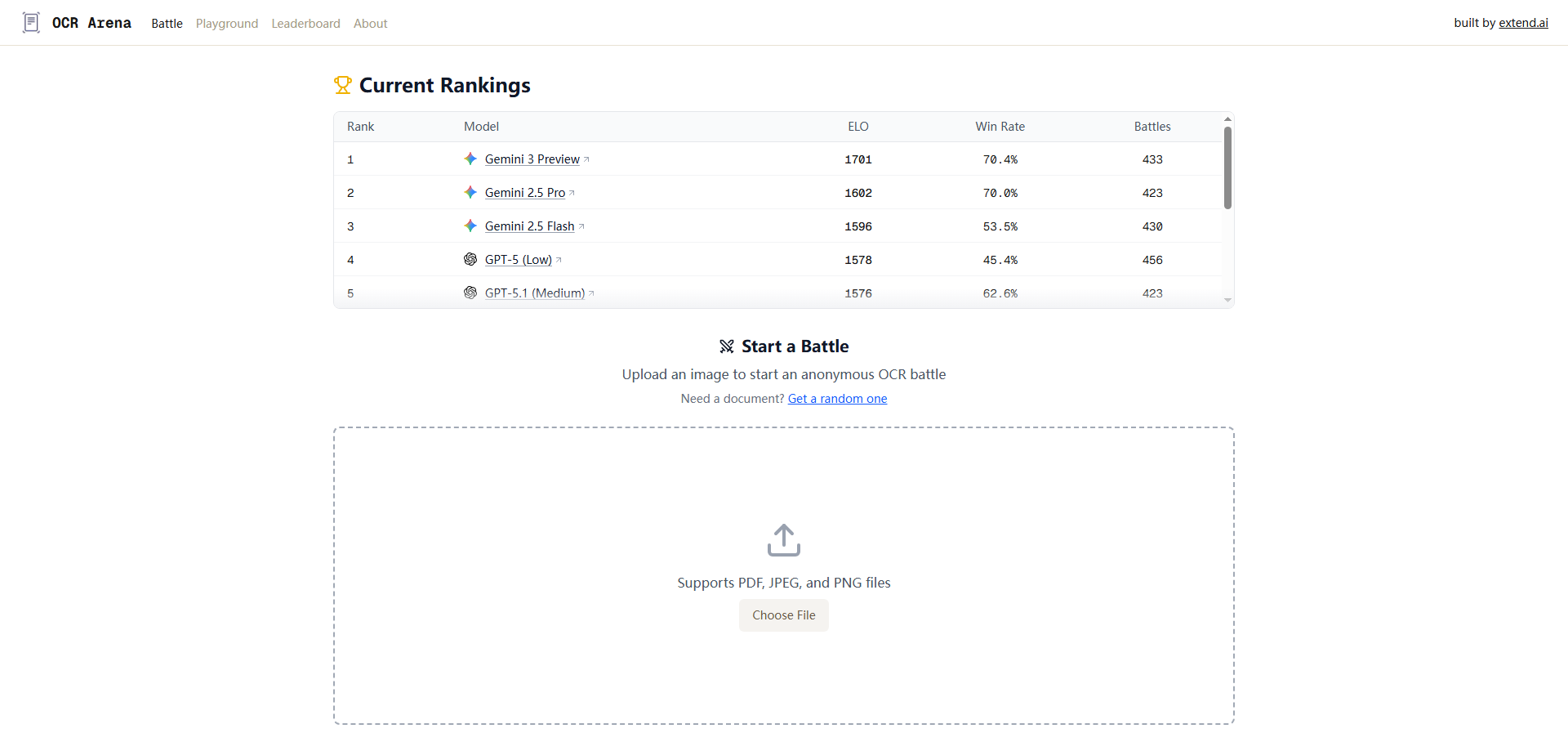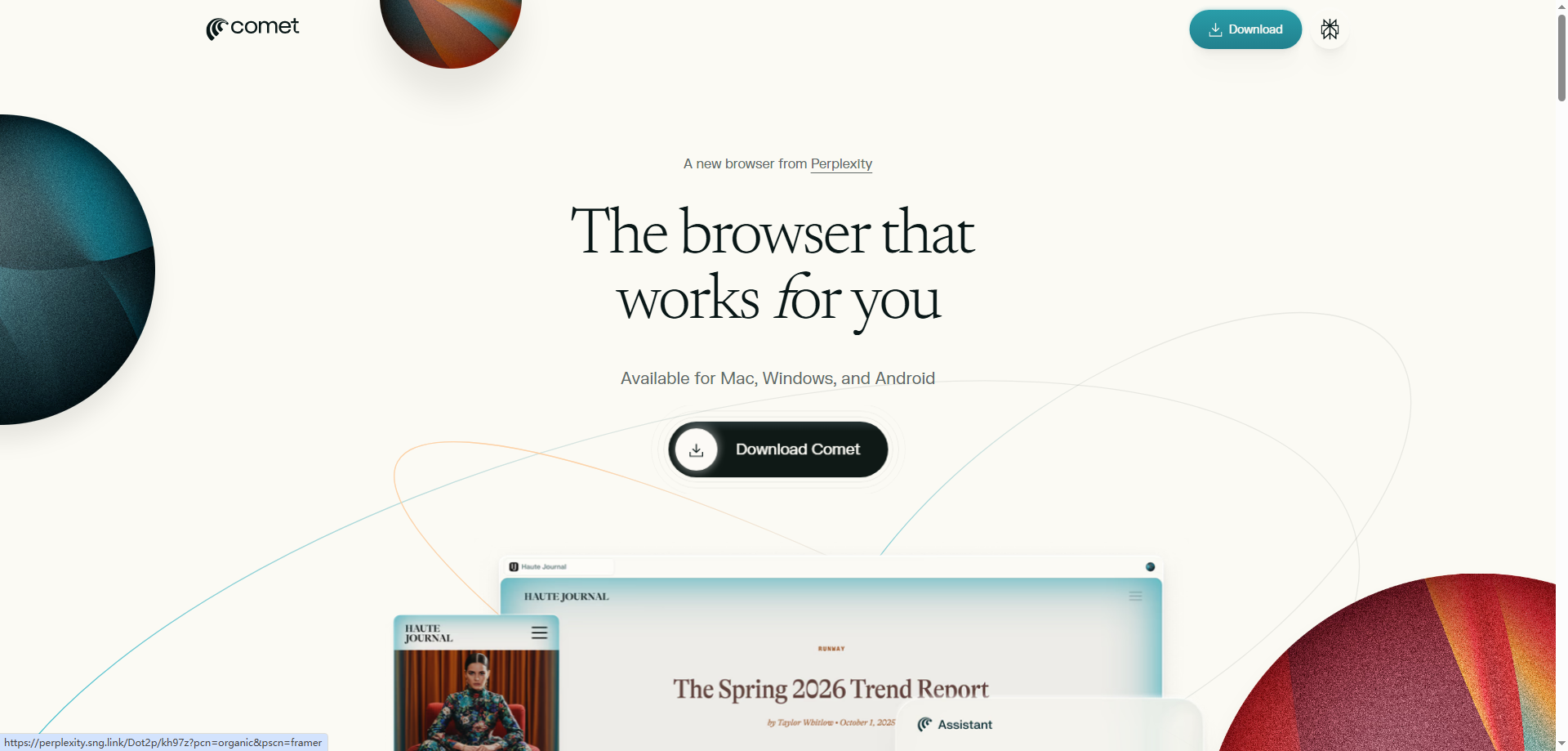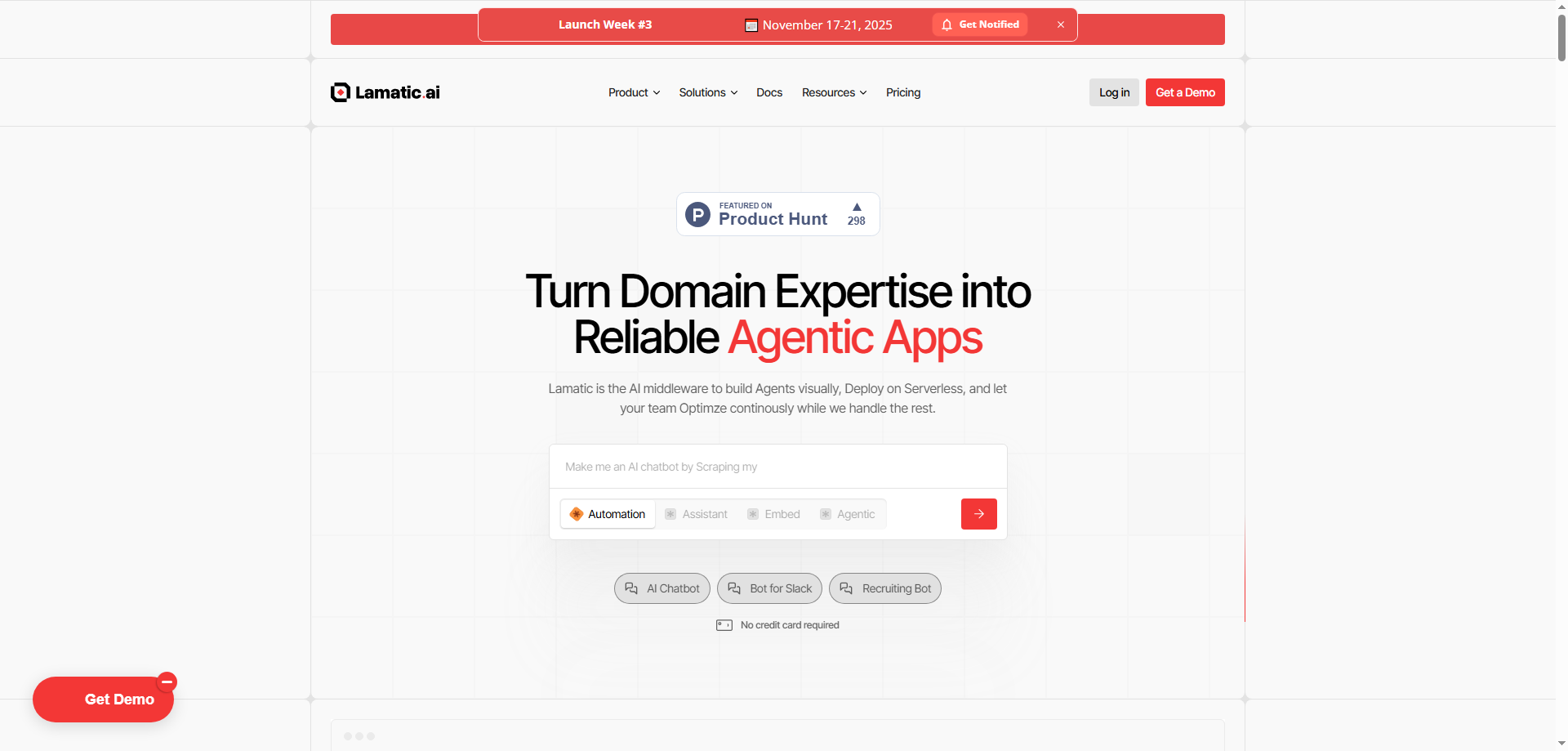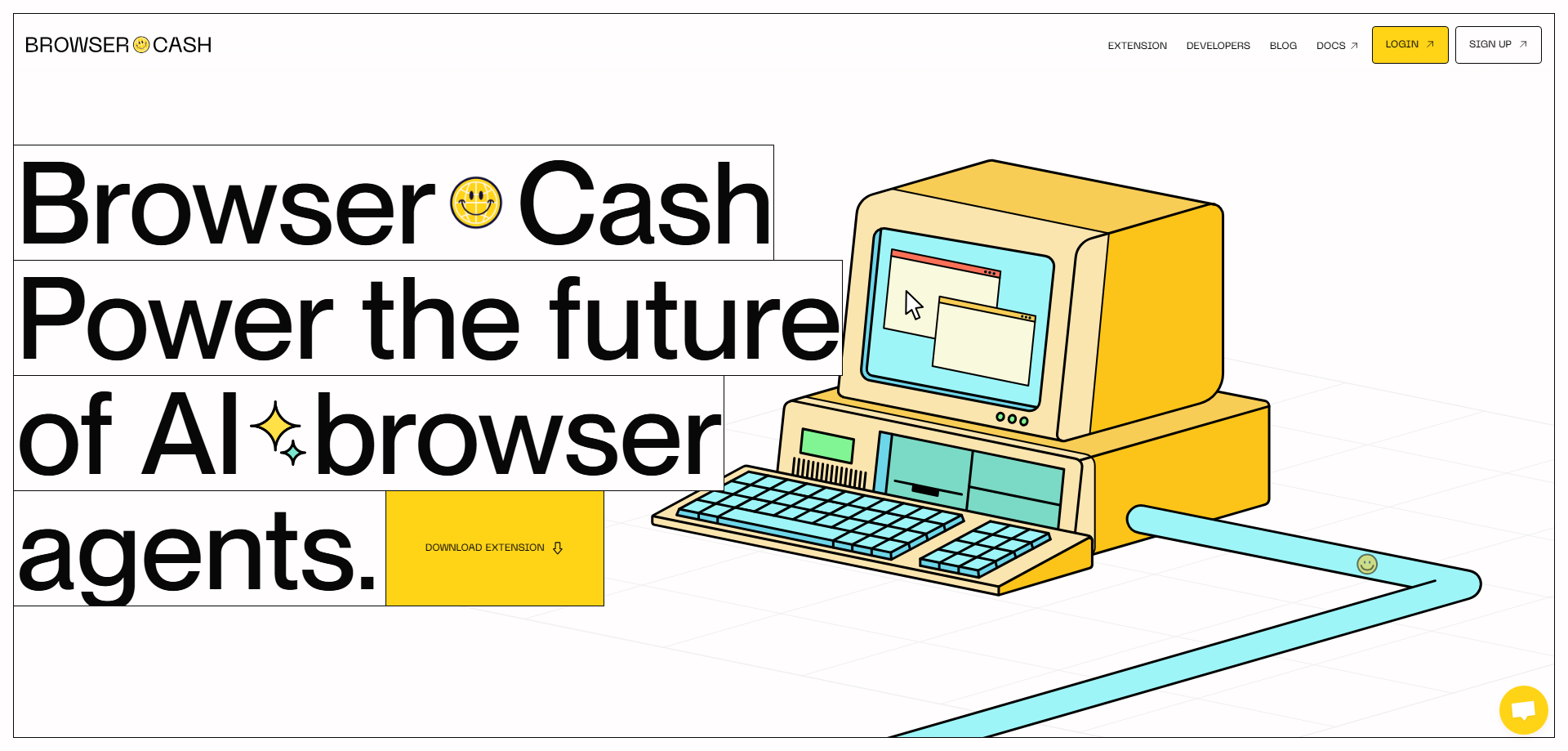The Creative Liberation: Turning Book Passion Into Business
When I first discovered BookSell, I was immediately struck by the elegant simplicity of the concept. They've taken something that's been complicated and expensive—opening a bookstore—and made it accessible to anyone with internet access and passion for books. That's genuinely creative problem-solving.
The creative genius here lies in recognizing that the traditional bookstore model is fundamentally broken for aspiring booksellers. Opening a physical bookstore requires massive capital investment—rent, inventory, utilities, staff. Even online bookstores traditionally required buying inventory upfront, which means significant financial risk and storage challenges. If your books don't sell, you're stuck with dead inventory and lost capital.
BookSell eliminates this entire barrier through book dropshipping. You create an online bookstore, customers order books, and distributors ship directly to customers. You never touch inventory, never pay upfront for books, and never worry about storage. This zero-inventory model transforms bookselling from a capital-intensive business into an essentially risk-free venture anyone can start.
What I find particularly creative is how BookSell specifically targets the passion economy. They're not just offering generic dropshipping—they're enabling people who love books and have built audiences around literary content to monetize that passion. A book blogger with 10,000 followers doesn't need to become an entrepreneur with six-figure startup capital. They can launch a curated bookstore in minutes and start earning commissions on recommendations they're already making.
The 40% commission structure is creatively positioned. Most affiliate programs offer 4-10% commissions. Amazon Associates pays around 4.5% on books. By offering up to 40%, BookSell makes bookselling genuinely profitable rather than just supplemental income. This commission level transforms book recommendation from a hobby into a viable business model.
I'm impressed by the curation angle—"curated lists to discover your next bestseller." BookSell isn't just throwing millions of books at you and saying "good luck." They're helping users identify trending titles and potential bestsellers, which solves the paradox of choice. Having access to millions of books is overwhelming. Having smart recommendations about what to stock makes the platform actionable.
The full-brand bookstore capability is another creative touch. You're not just an affiliate driving traffic to someone else's site. You're building your own branded destination with your own domain, your own aesthetic, and your own customer relationships. This brand ownership creates long-term value that affiliate marketing never provides.
The international shipping support expands the creative opportunity. You're not limited to local customers or even US customers. Your online bookstore can serve readers globally, dramatically expanding addressable market compared to any physical bookstore.
From a content monetization perspective, BookSell provides creative infrastructure that didn't exist before. BookTubers, literary Instagram accounts, book podcasters, and reading blogs have massive audiences but limited monetization options beyond ads and sponsorships. BookSell gives them a direct path from content to commerce—recommend a book in your content, sell it in your store, earn substantial commission.
The timing is creatively smart too. We're seeing declining foot traffic to physical bookstores, rising costs of retail space, but simultaneously growing interest in niche literary content and community-oriented book discovery. BookSell positions itself perfectly at the intersection of these trends.
Can BookSell Disrupt Traditional Book Retail?
Examining whether this book dropshipping platform can replace existing book retail and affiliate models, I see both significant opportunities and important limitations.
Versus Physical Bookstores: Traditional bookstores face brutal economics—high rent, inventory costs, limited selection constrained by physical space, and geographic limitations on customer reach. BookSell eliminates all these disadvantages. Your online bookstore has no overhead, infinite shelf space, and global reach.
However, BookSell can't replicate the tactile experience of browsing physical shelves, the serendipitous discovery of unexpected books, the community gathering space that great bookstores provide, or the immediate gratification of walking out with your purchase. Physical bookstores serve social and experiential functions that online retail can't fully replace.
I think BookSell disrupts the business model for people who want to sell books professionally but can't justify the capital and risk of physical retail. It doesn't replace beloved independent bookstores for their loyal customers, but it enables thousands of new booksellers who would never open physical stores to enter the market.
Versus Amazon: Amazon dominates book sales with unmatched selection, competitive pricing, fast shipping, and customer trust. Can BookSell-powered stores compete? Directly, no. On pure convenience and price, Amazon wins. But BookSell enables something Amazon can't offer—curated, personal recommendations from trusted voices.
People don't just buy books; they buy books they believe they'll love. A generic Amazon search returns thousands of results with impersonal algorithms. A BookSell store curated by someone whose taste you trust provides something more valuable—confident recommendations that save time and increase reading satisfaction.
The disruption potential is in customer relationship and trust. Readers who follow specific book bloggers or literary influencers trust their recommendations more than Amazon algorithms. If that influencer operates a BookSell store, readers might prefer buying there despite Amazon's convenience advantages.
Versus Amazon Associates Affiliate Program: Many book bloggers currently use Amazon Associates to monetize recommendations. BookSell offers compelling advantages—higher commissions (40% vs ~4.5%), brand ownership, customer data, and freedom from Amazon's restrictive affiliate terms.
This is where I see BookSell's strongest disruption potential. For content creators already recommending books and earning small affiliate commissions from Amazon, switching to BookSell could multiply earnings by 8-10x while building an owned asset. That's a powerful value proposition.
Versus Other Dropshipping Platforms: Generic dropshipping platforms like Oberlo or Spocket offer product sourcing, but BookSell's specialization in books provides focused advantages—partnerships with major book distributors, book-specific curation tools, literary-focused branding, and community built around book culture.
Specialization often beats generalization. A book-focused dropshipping platform can optimize for literary commerce in ways generic platforms can't match.
Where BookSell Won't Disrupt: Academic textbooks, professional reference books, and specialized technical publications are dominated by publishers' direct sales and established academic channels. Rare and collectible books require expertise and authentication BookSell can't provide. Mass-market paperback sales at airports and grocery stores serve impulse buying that online stores can't capture.
The Real Disruption: I believe BookSell's biggest impact will be enabling a new category of literary entrepreneurs—people who couldn't become booksellers under the traditional model but can thrive in the zero-inventory digital model. This market expansion is more significant than market substitution. Instead of replacing existing bookstores, BookSell creates thousands of new bookstores that would never have existed otherwise.
User Acceptance: Who Will Embrace Zero-Inventory Bookselling?
From a practical needs perspective, analyzing user acceptance for BookSell requires understanding who needs this and what might limit adoption.
The Book Influencer Segment: Literary bloggers, BookTubers, Instagram book accounts, and book podcasters represent a perfect audience for BookSell. They already create content recommending books, they have engaged audiences who trust their taste, and they need monetization beyond ads and sponsorships.
I see extremely strong acceptance potential here. These creators are actively seeking better ways to monetize. The 40% commission versus Amazon's 4.5% is immediately compelling. The ability to build a branded bookstore that reinforces their personal brand is attractive. The zero-risk model removes barriers to trying it.
The 130 upvotes and 11 discussions on Product Hunt suggest healthy interest from this community. Book influencers are digitally savvy and Product Hunt-adjacent, so this early validation is meaningful.
The Aspiring Bookseller Segment: People who've always dreamed of owning a bookstore but couldn't justify the capital and risk represent another strong audience. Maybe it's a retired librarian, a passionate reader with curatorial instincts, or someone who loves books and wants to turn that passion into income.
BookSell removes every traditional barrier. No capital required, no inventory risk, quick setup, and potential for meaningful profit. For this segment, acceptance depends primarily on awareness—many aspiring booksellers simply don't know zero-inventory online bookstores are possible. Once they discover BookSell, adoption should be enthusiastic.
The Niche Content Creator Segment: Creators focused on specific genres—science fiction, romance, mystery, children's books, graphic novels—can leverage BookSell to offer curated selection matching their content niche. This vertical focus allows them to become destination sources for their specific reader community.
This segment will embrace BookSell if they can effectively position their stores as authentic curatorial voices rather than generic retailers. The platform needs to support strong personalization and branding for this to work.
The Side Hustle Seeker Segment: People looking for low-risk ways to generate supplemental income might try BookSell as one of many ventures. This segment is large but often characterized by low commitment and quick abandonment if immediate results don't materialize.
Acceptance here depends on realistic expectations and proper onboarding. If BookSell oversells "easy money" and users expect passive income without marketing effort, disappointment and churn are inevitable. If positioning emphasizes that you need to build audience and drive traffic, but the economics are favorable, acceptance will be more sustainable.
Skepticism and Concerns: Several factors could limit acceptance:
Commission vs. retail margin confusion: Experienced readers might question whether 40% commission means competitive pricing. If BookSell books are priced higher than Amazon to accommodate commission, customer willingness to buy elsewhere becomes questionable.
Shipping speed and experience: Amazon Prime has conditioned customers to expect 2-day shipping. If BookSell orders take longer or have less polished fulfillment, customer satisfaction could suffer, hurting repeat business.
Trust and credibility: New online bookstores lack Amazon's credibility. Customers might hesitate to provide payment information to unknown sites. Building trust takes time and positive reviews.
Effort required: Some potential users might think "just add products and make money" only to realize they need to market, create content, and drive traffic. Disillusionment could lead to abandonment.
Acceptance Drivers:
- Clear success stories from book influencers earning substantial income
- Transparent commission structure and pricing
- Easy setup process with templates and guidance
- Community of BookSell booksellers sharing strategies
- Strong support and resources for marketing and traffic generation
Overall, I believe acceptance will be strong among book influencers and passionate aspiring booksellers who understand they're building businesses, not getting-rich-quick schemes. Mainstream acceptance requires education about the model and realistic expectations.
Survival Rating: 3/5 Stars ⭐⭐⭐
Evaluating BookSell's one-year survival prospects, I'm giving it 3 out of 5 stars. This reflects genuine potential in a specific niche balanced against significant competitive and operational challenges.
The Opportunities
Growing Creator Economy: The explosion of content creators seeking monetization creates perfect conditions for BookSell. Millions of people create book-related content but lack effective monetization. BookSell provides exactly what they need.
Higher Margins Than Affiliate: The 40% commission versus 4.5% Amazon Associates commission is genuinely compelling. This 8-10x earnings potential could drive substantial adoption among book influencers currently using affiliate links.
Niche Market Passion: Books inspire passion and community in ways generic products don't. Building a business around books feels meaningful to many people, creating emotional attachment that helps sustain effort through early challenges.
Low Barrier to Entry: Zero inventory risk and quick setup remove traditional obstacles to starting. This encourages experimentation and trial, increasing potential user base.
Specialized Focus: Being book-specific rather than generic dropshipping allows optimization for literary commerce, building expertise and community that generalist platforms can't match.
The Risks
Amazon's Dominance: This is the existential challenge. Amazon controls book retail so completely that competing is extraordinarily difficult. Customer habits default to Amazon. Can BookSell stores genuinely convert sales, or will customers just comparison shop then buy on Amazon?
Distributor Relationships: BookSell's viability depends entirely on partnerships with book distributors. If these relationships sour, pricing becomes uncompetitive, or fulfillment quality degrades, the entire business model collapses. Dependence on third parties is always risky.
Margin Sustainability: Offering 40% commission while presumably paying distributors and covering platform costs requires tight unit economics. If distribution costs rise, BookSell might need to reduce commissions, destroying the primary value proposition.
Customer Experience Control: BookSell store owners have no control over fulfillment, shipping speed, or product quality. If distributors provide poor service, customers blame the store owner, damaging the brand the owner worked to build. This lack of control over customer experience is a fundamental weakness.
Marketing Burden: Building traffic to new online bookstores is difficult and expensive. Most BookSell users won't have existing audiences. Without significant traffic, even great commission rates produce minimal income. If users struggle to generate sales, they'll abandon the platform.
Competition from Shopify Apps: Other book dropshipping apps or solutions could emerge on Shopify, offering similar functionality. If competitors provide better distributor relationships or superior features, BookSell could lose differentiation.
Unclear Product Hunt Traction: Only 130 upvotes suggests limited initial enthusiasm. While respectable, it's not the explosive launch that indicates strong product-market fit. This could signal the audience is smaller or less excited than ideal.
What Needs to Happen
For BookSell to survive and thrive:
-
Prove unit economics: They need documented examples of users earning substantial income to demonstrate the model works and justify time investment.
-
Build creator community: Establishing a network of successful BookSell store owners who share strategies, support each other, and evangelize the platform is crucial for growth and retention.
-
Ensure fulfillment quality: Maintaining strong relationships with distributors and monitoring customer satisfaction is essential. Poor fulfillment kills online retail businesses.
-
Provide marketing support: Users need guidance on driving traffic, SEO, social media marketing, and audience building. Platform success requires user success.
-
Expand international: If currently US-focused, global expansion increases addressable market and allows international creators to participate.
-
Develop pricing transparency: Clear communication about how pricing works, what customers pay, and how it compares to alternatives builds trust.
My Honest Assessment
I'm giving 3 out of 5 stars because BookSell addresses a real need for a real audience, but faces substantial competitive and operational challenges. The concept is solid—enabling passionate book people to monetize their expertise without inventory risk. However, competing with Amazon, depending on third-party fulfillment, and requiring users to generate their own traffic create significant obstacles.
The most likely scenarios:
Niche success (40% probability): BookSell finds a loyal community of book influencers and passionate booksellers, achieves modest but sustainable growth, and operates profitably as a focused player serving this specific audience.
Struggle scenario (30% probability): User acquisition proves difficult, many users abandon after failing to generate traffic, commission pressure from distribution costs makes economics challenging, and growth stalls.
Acquired (15% probability): Shopify or another e-commerce platform acquires BookSell to add book dropshipping capability to their ecosystem. The product survives by being absorbed into a larger platform.
Pivot scenario (10% probability): Initial model doesn't achieve traction, and BookSell pivots to focus on specific use case (perhaps exclusively book influencer partnerships) where they can excel.
Breakout success (5% probability): Everything aligns perfectly, creator adoption is strong, fulfillment quality is excellent, and BookSell becomes the standard platform for online bookselling. Possible but requires exceptional execution and fortunate circumstances.
The 3-star rating reflects that survival is plausible but far from guaranteed. Success requires focused execution, managing third-party relationships well, and building a sustainable community.
Final Thoughts
After thoroughly analyzing BookSell, I appreciate the vision of democratizing bookselling and enabling literary entrepreneurship. The zero-inventory model removes traditional barriers, and the 40% commission makes it economically attractive for serious creators.
For book influencers with existing audiences, BookSell is absolutely worth exploring. The economics potentially dwarf Amazon Associates earnings, and building an owned bookstore asset has long-term value beyond simple affiliate linking.
For aspiring booksellers without existing audiences, success requires realistic expectations. You're building a business that needs marketing, customer acquisition, and sustained effort. BookSell provides the infrastructure, but you provide the traffic and sales.
My primary concern is whether customer experience through third-party fulfillment will be good enough to build sustainable businesses. In e-commerce, controlling the customer experience is crucial. BookSell's model inherently lacks this control.
If you're considering BookSell, I'd recommend starting small, testing with a focused niche, and measuring whether you can actually convert your audience to buyers. Don't assume "if you build it, they will come." Success requires driving traffic and providing value beyond what Amazon offers—which usually means curated recommendations and community, not just selection.
I'll be watching BookSell's progress, hoping they can carve out sustainable space in Amazon's shadow by serving passionate literary communities that value curatorial expertise over pure convenience. The book world needs more voices, more diversity, and more passionate booksellers. If BookSell can enable that, it's worth supporting.
